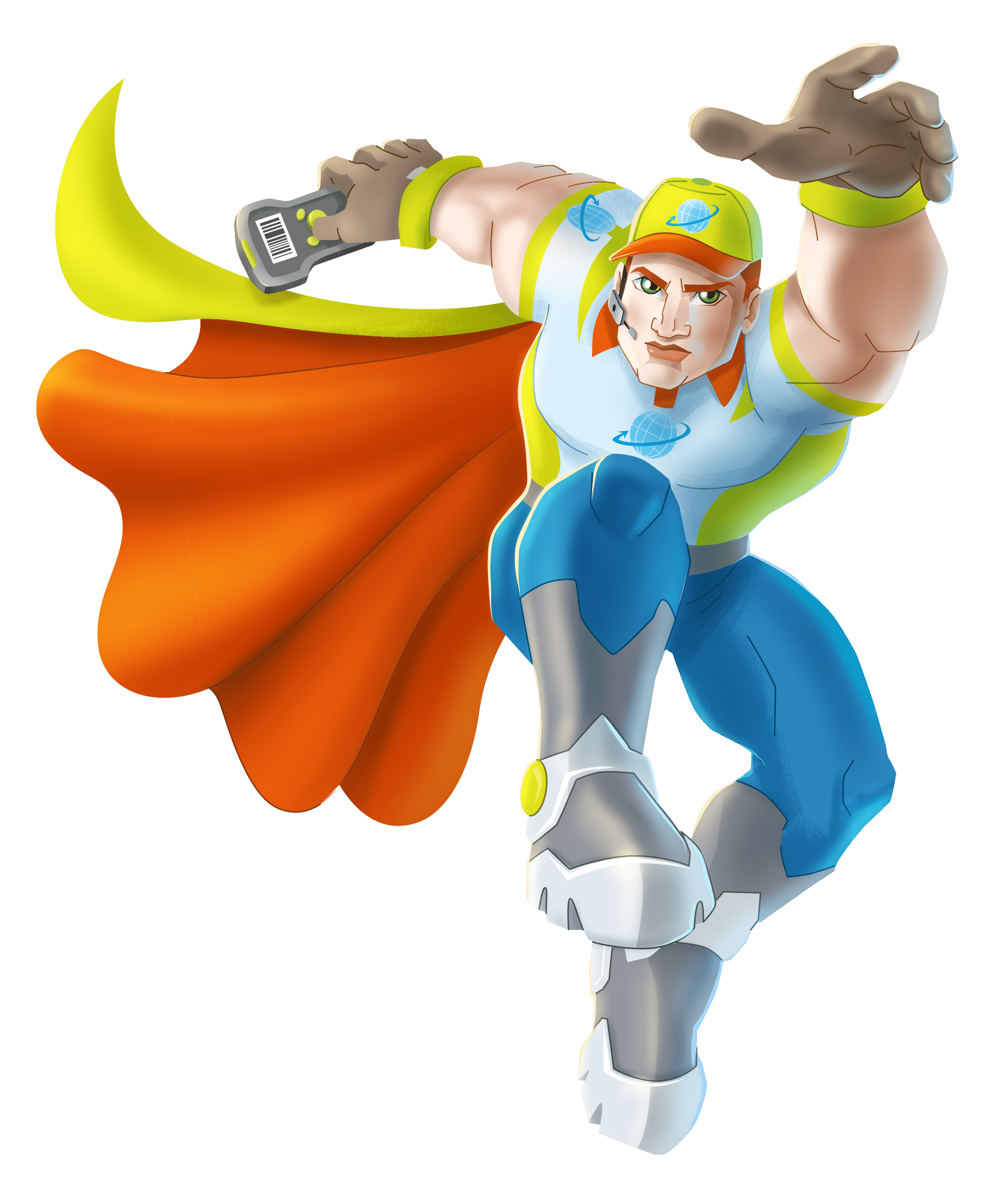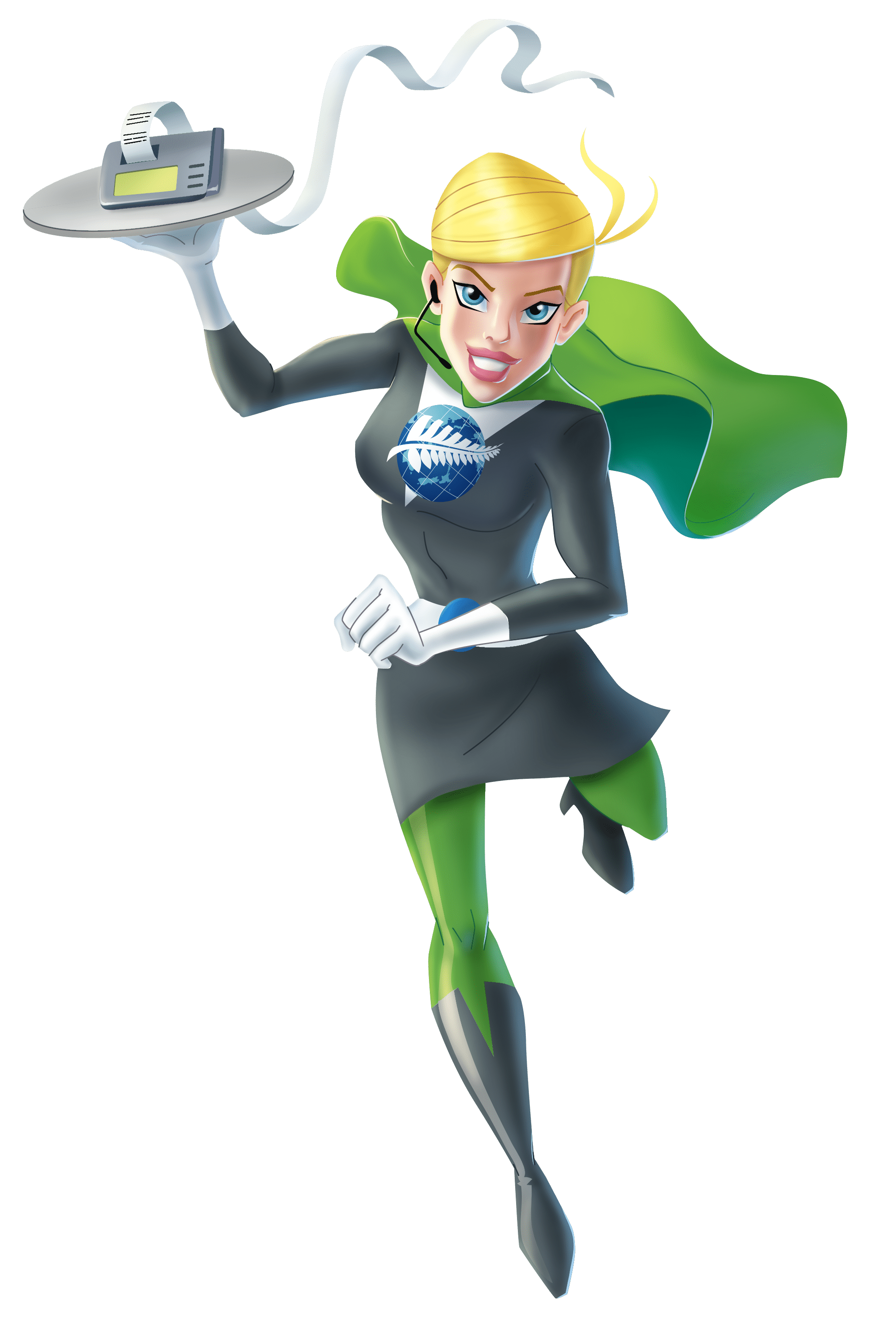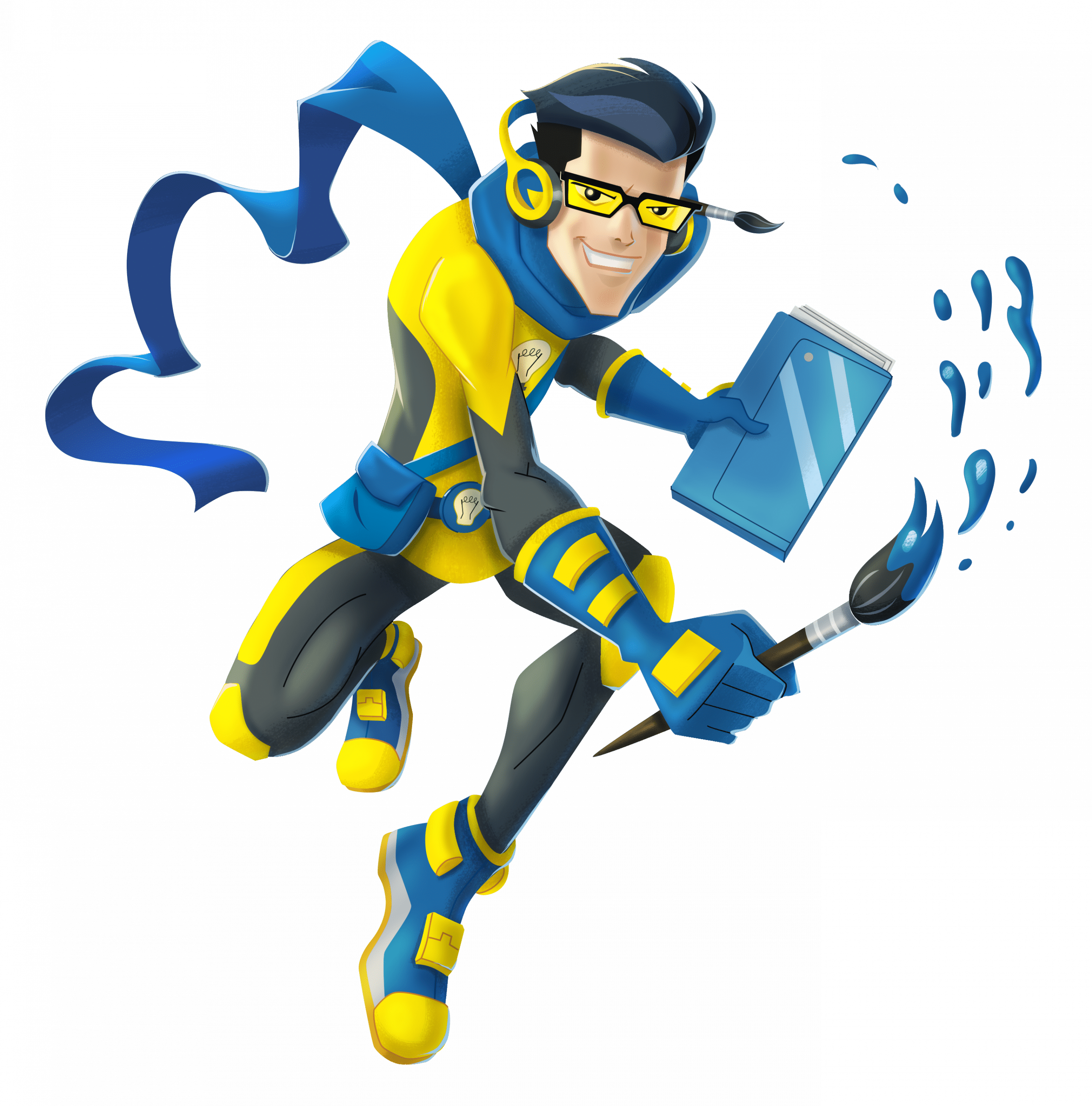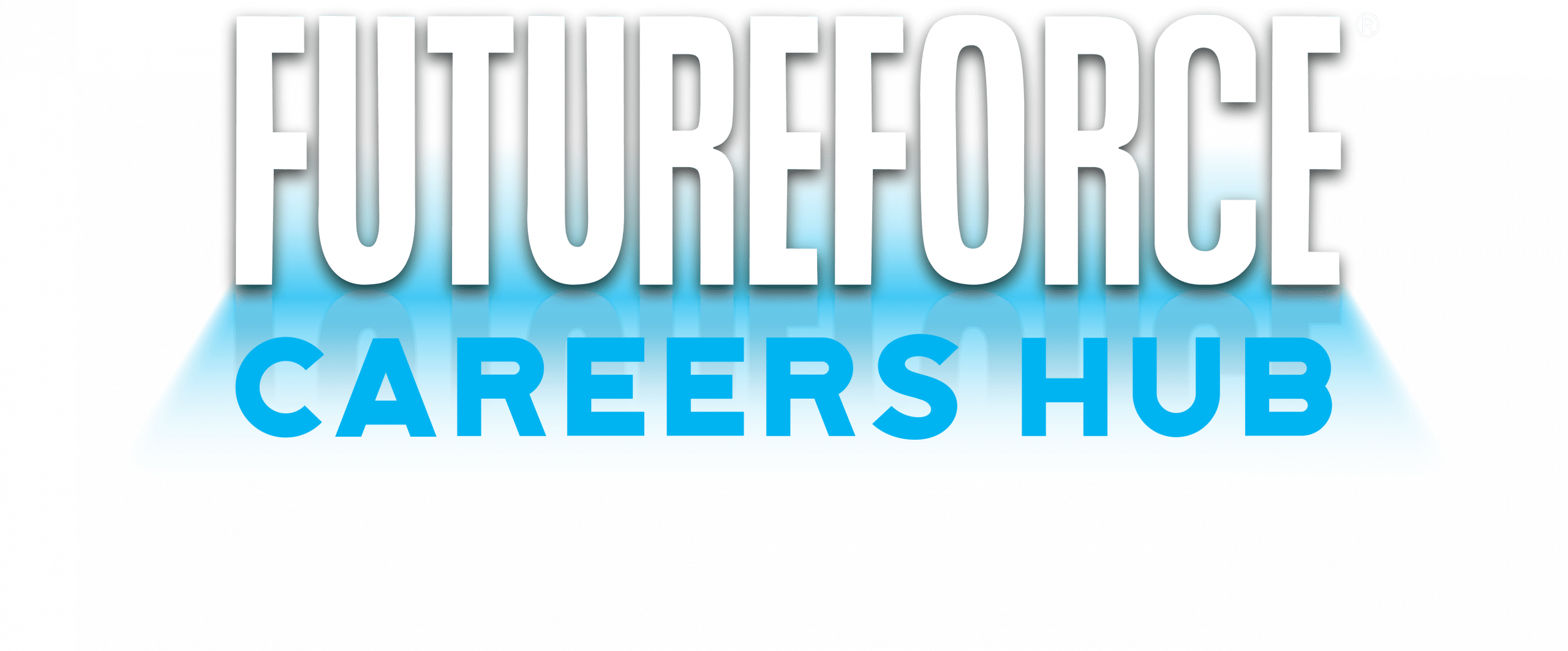Job Hunting
Where do I look for jobs?
It’s estimated around 80% of jobs are never advertised! Many people hear of jobs through friends, whānau or other networks. Start building your networks by talking to people – anyone and everyone – about your career aspirations.

Job hunting is a very active game – you are the hunter!
-
-
- Ask people you know (networking)
- Go door knocking (calling a business or walking in off the street)
- Check online job boards weekly (e.g. FutureForce® Job Board, SEEK, TradeMe)
- Visit company or industry websites – check their careers and social media pages
- Build a LinkedIn profile and join industry groups you’re interested in
- Check out local recruitment agencies (Google them to find the right agencies for the type of work you’re looking for. Note, there is no cost to job seekers in registering with a recruitment agency)
- Iwi careers web pages – connect with your tribe
- Volunteer (this can lead to paid work)
- Create your own job!
-
You might end up applying for many jobs before you get hired, try not to get too disheartened. Unfortunately it can be just part of the process, but eventually you will win!
-
-
- Keep at it and keep working on your employability skills in the meantime
- Consider volunteering to get some work experience
- If you’re not getting interviews, take another look at your CV and check out our tips for excellent job applications to see if you’re hitting the mark
- Google yourself – is your online presence stopping you from getting jobs? Check your social media privacy settings and use nice images in your profile pics!
- If you’re getting interviews but not the job, check out our tips for job interview preparation
-
FutureForce® TOP TIPS for excellent job applications:
-
- Match your skills, personality and experience as closely to the job advertisement as you can. Look to the ad for clues on what they’re looking for. Use the same describing words they have used wherever possible. E.g. if they want someone with excellent communication skills – write down how you have developed or when you have demonstrated excellent communication skills.
- Use the cover letter to clearly link the skills and experience in your CV to the job. Make it obvious that your skills, qualities and experience are a great match with what they want.
- Cover letters should be no more than one page, so it’s vital to make every word count.
- Make your CV and cover letter relevant to the job. Many skills like communication skills, good initiative, teamwork and problem solving are what are known as ‘transferable skills’ – skills you can use for just about any job. Think about how you have used these skills at school, in sports teams, your hobbies, in part-time jobs or voluntary work that can show a potential employer that you are already a pro at these important things.
- Don’t lie! If you’ve never done something before don’t say you have. It is okay to say that you’re willing to learn. Most employers love that. Employers don’t expect young people to have much experience but if they find out you lied on your application it won’t end well.
- Check, check and re-check. There’s nothing worse than a CV full of spelling mistakes or overflowing with poor grammar. Use spell-check and ask a teacher, parent or someone you know who is a great speller to check it too.
- If you’ve never written a CV before or don’t know where to start, use the free CV builder at careers.govt.nz/tools/cv-builder.

Job Interview
Preparation
A job interview can be a nerve-wracking experience. You can get an idea of what things you might be asked from the job description but all interviewers are different. Some might be formal and others might prefer a casual chat. Either way, it helps to practise talking about yourself before the big day.

Job Interview Questions
» Can you tell me a bit about yourself?
Your answer could include the school you go to, what subjects you’re studying, your career goals or any hobbies or interests you have.
» Can you give me an example of a time when you worked with someone difficult to get along with and how you dealt with the situation?
This could be a group assignment you may have worked on in school, a sports team you’ve played in or if you’re struggling to think of anything – having to work on something around the house with a sibling you were fighting with!
» Can you tell me about a time where there has been a breakdown in communication and how you dealt with it?
This could be with a teacher, a friend, a coach, a parent or interacting with someone who speaks a different language.
» Could you give me an example of a good solution you have found in response to a difficult problem?
This could be related to school, a hobby or a person – they want to know if you’re a good problem solver!
» Tell me about a time when you had to work hard to reach a goal. What were you trying to achieve and how did you go about it?
Before a real job interview…
» Go online and read up about the company/industry (have a look around FutureForce® Careers Hub!)
» Get someone to ask you these questions but try and relate your answers to the job or comapany you’re applying for.
» Wear clean and tidy clothes and shoes – you don’t have to wear a suit but aim to look professional. Shower, deodorise, clean your teeth and brush your hair.
» Be on time (or five minutes early) and go in on your own. If someone is dropping you off, it’s a better look that they wait in the car rather than go in with you.
» Turn your phone off, stand (and sit) up straight, breathe, look and sound confident (even if you don’t feel it!). Smile and go for it!
Career ePortfolios
While CVs are still the basis of most job applications, online ePortfolios are increasingly used by job seekers.
» An ePortfolio is an electronic portfolio, aka, a digital portfolio or an online portfolio, created to show potential employers your skills, accomplishments and work experience.
ePortfolios include the details of a standard CV but can be backed up with:
-
- additional documents
- images
- videos
- audio files
- samples of your work or projects
- awards, accomplishments and experience
ePortfolios will change and evolve with your career, so it’s a good idea to update them often.
LinkedIn is a professional online networking site increasingly used by employers to find talent and it’s a good place to start building a public ePortfolio.
Here are some tips to make sure your CV sets you apart…
Personalise each application.
» Look at the job ad to see what kind of person the employer is looking for.
» Make sure your CV and your cover letter clearly show you have the skills, knowledge and attributes they are looking for.
Watch your spelling and grammar.
» An application full of typos and bad grammar will go straight into the ‘no’ pile.
» Get someone to proof read your application before you deliver it.

